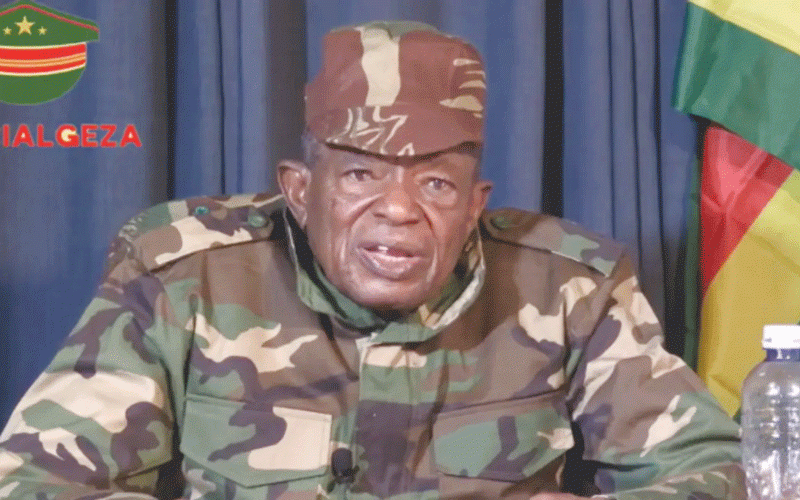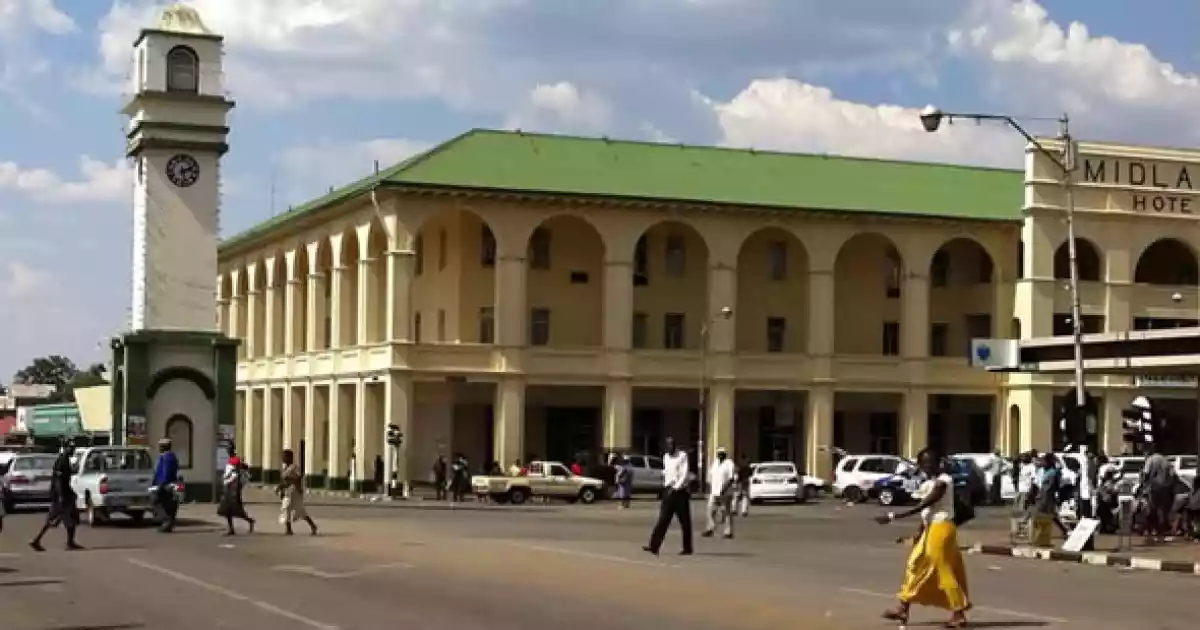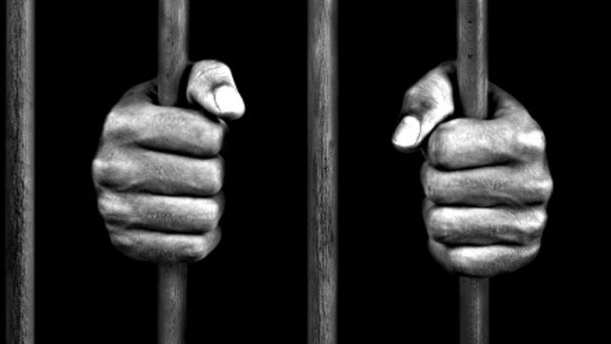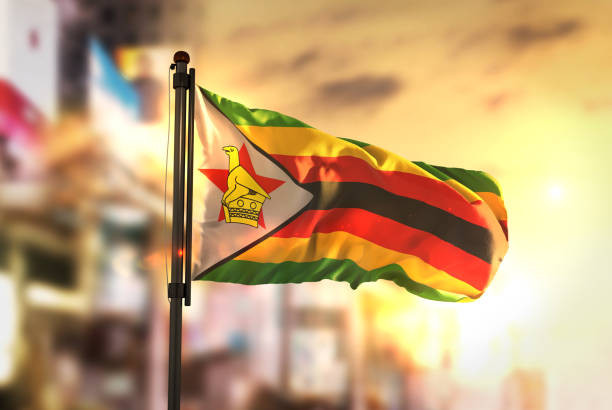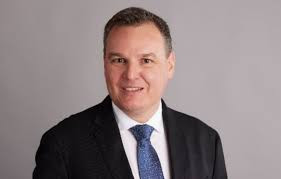WHEN I had the inspiration for this article, a certain scenario played out in my mind.
I imagined an egoistical father — who was adamant that every “respectable” family should have a car of its own.
In so doing, he stubbornly insisted that his wife and children should not travel by public transport hence he had to drive them everywhere.
Nothing is particularly wrong with that, one might be tempted to say, right?
Well, as a matter of fact, there is a huge problem if the family car is an old unroadworthy clunker, popularly known as a skorokoro or tshova mubaiwa.
Such a car is a death trap and a grave danger to the man and his family.
Keep Reading
- Mavhunga puts DeMbare into Chibuku quarterfinals
- Bulls to charge into Zimbabwe gold stocks
- Ndiraya concerned as goals dry up
- In Full: Nineteenth post-cabinet press briefing: July 05, 2022
As much as the man's pride compelled him to push his family into the car — this was, nonetheless reckless and irresponsible. The best and much safer alternative would have been for them to use public transport — until he acquired a roadworthy vehicle.
This is the situation that we witness playing out in Zimbabwe today.
I liken the arrogant stubborn man in the illustration to President Emmerson Mnangagwa — who has repeatedly insisted on the continued usage of the useless fast-depreciating Zimbabwe dollar.
The basis of his logic (or, lack of) is that there is no country on earth without its own currency.
To begin with, that assertion could not be further from the truth.
There are numerous countries which do not have their own currencies.
We can easily cite Ecuador, El Salvador, East Timor, Kosovo, Monaco, Montenegro, and many others.
I can even go as far as saying that all the 20 countries in the Eurozone — EU member States that use the Euro — effectively do not have their own currencies.
Indeed, just as owning a car, it is always more preferable for a country to have its own money.
This can enable it to exercise control over its currency — especially money supply and interest rates — thereby being able to determine the country’s economic trajectory.
Furthermore, for a country like Zimbabwe, using a much stronger US dollar renders its locally-manufactured commodities more expensive and uncompetitive against those from weaker currencies, like South Africa, Zambia and others.
Therefore, using the US dollar, as opposed to our own currency, does have disadvantages, more so to local industries.
Be that as it may, the million-dollar question is: What if your local currency is a skorokoro or tshova mubaiwa, which is actually a danger to both the country’s economy and its people?
Today, as I write this article, the US dollar is trading at an incredible $5 978 on the official market — while on the parallel market, it is going for an alarming $10 500 and by the time this article is published, it will be something else.
Those seeking to use mobile money, such as EcoCash, are charged an unbelievable $15 000 to the greenback in most shops.
Under such untenable conditions, what do you do?
Is there any sense or logic in a President insisting on Zimbabwe having its own currency — even when most industries, supermarkets and the ordinary citizenry have lost confidence in it.
It is common knowledge that even those manufacturers who benefited from the low production costs associated with using the local currency are now struggling to continue operations, due to the Zimdollar’s freefall and the subsequent effects of hyperinflation.
The same applies to major retail supermarkets which are now on the brink of collapse due to challenges caused by very low customer numbers, unaffordable prices, resulting in low sales.
The fact that businesses are also suffering — particularly in the formal sector — throws into the dustbin Mnangagwa’s wild claims that corporates, in cahoots with the opposition, are conspiring to oust him from power by manipulating prices and the exchange rate.
As much as Mnangagwa may threaten to punish all those businesses hiking prices, facts on the ground disprove this, since, deep down, he is fully aware of the real reasons for this madness.
In fact, in my discussions with those within the system who reached out to me, the most recent shocking depreciation of the local currency was allegedly authored by the Mnangagwa administration itself.
It is alleged that the central bank is recklessly printing unsustainably large sums of Zimdollars which are being channelled directly to some known “runners” operating on the black market to buy hard currency.
This is aimed at securing funding for so-called “development projects”, which are being used to campaign for the ruling Zanu PF party, as the country heads for the crucial August 23 harmonised elections.
The over-supply of the local currency chasing fewer US dollars led to the Zimdollar losing value at a spectacular pace.
In addition, cartels aligned to the ruling elite are making a huge killing by buying cheaper US dollars on the Reserve Bank of Zimbabwe auction platform and reselling them on the black market at massive profits.
Meanwhile, most ordinary citizenry earn in the useless local currency — which Mnangagwa is adamant is not going anywhere. As a result, most salaries are no longer enough to buy even a few loaves of bread, let alone a bag of mealie-meal.
It is even worse for pensioners — with most, receiving a paltry $40 000 a month from the National Social Security Authority which is around US$5.
In a recent interview with the State-controlled broadcaster, Mnangagwa brazenly said his regime may actually ban the US dollar.
Well, I have a question to that ridiculous outburst.
Is he himself being paid in Zimdollars?
Furthermore, with over 90% of Zimbabwe’s economy, especially the retail sector in the hands of informal traders, how does he hope to enforce his preposterous proclamations?
Did he not actually ban the US dollar in 2019 through the reintroduction of the Zimdollar, after a 10-year absence due to the same challenges we are facing now?
How did that pan out for the country?
In spite of the ban, did we not see most transactions still being conducted in US dollars?
Only formal retailers and ordinary Zimbabweans — who were forced to use the weak local currency — bore the brunt of this unwise decision.
Needless to say, he was forced to eat humble pie, and reverse this rediculous policy in 2020 — under the pretext of some COVID-19 lockdown reprieve.
I seriously doubt if Mnangagwa and his colleagues ever received their salaries in Zimdollars.
Please, Mr President, let us not play silly games!
The lives of ordinary Zimbabweans are at stake. Your government knows what to do to rein in the rabid exchange rate.
Stop printing useless Zimdollars and dumping them on the black market.
Better still, as with the example of the tshova mubaiwa mentioned earlier, simply do away with this skorokoro currency until such time we are able to manage it.
Tendai Ruben Mbofana is a social justice advocate and writer. Please feel free to WhatsApp or Call: +263715667700 or email: mbofana.tendairuben73@gmail.com, or visit website: http://mbofanatendairuben.news.blog

